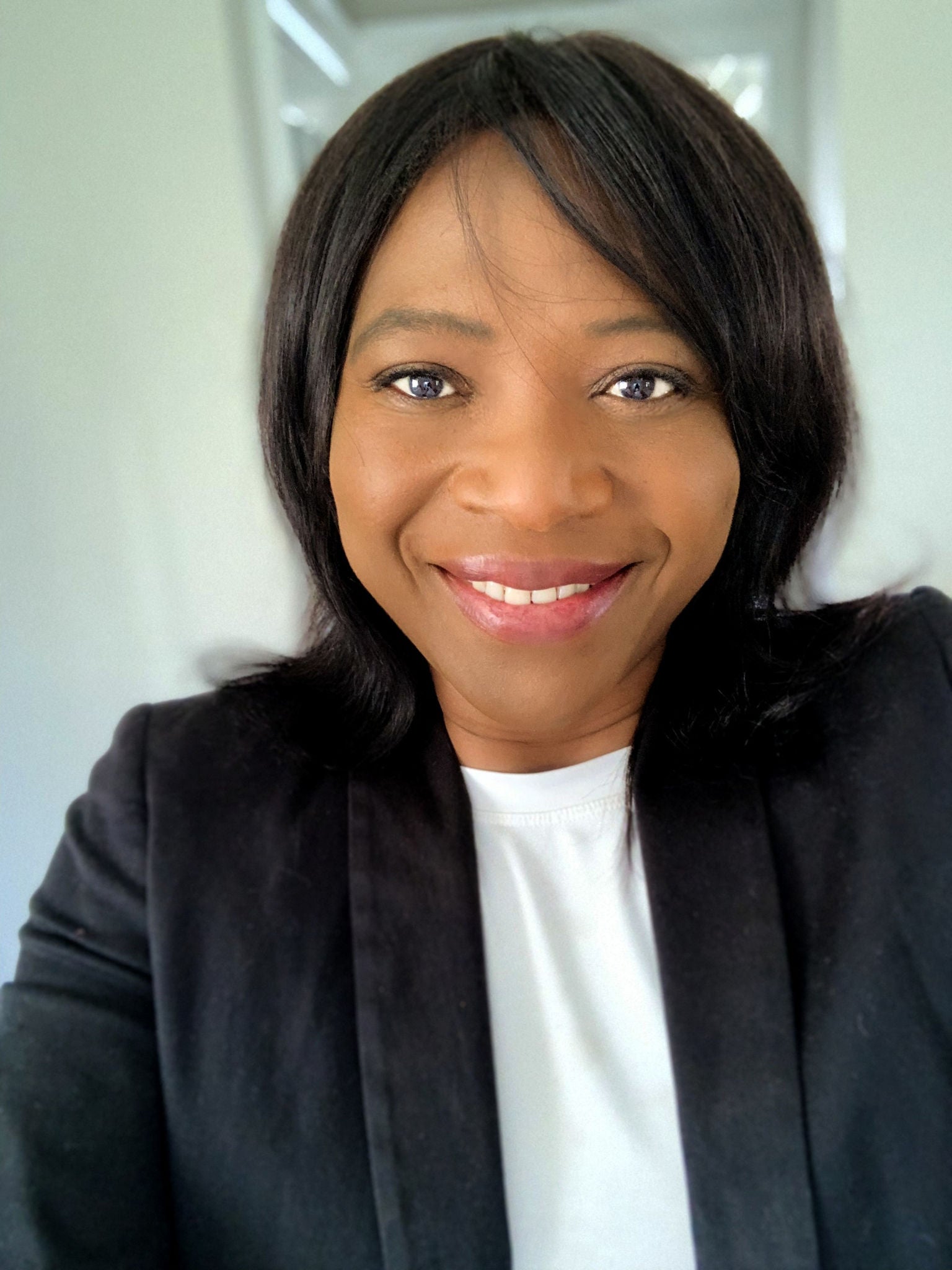At the time you left EY, what did you envision as the next stage of your career?
I wanted to gain deeper industry understanding, which in my case is financial services. Clients love to work with people who understand their business and the environment within which they operate. However, I always knew I would return to consulting — I’m true consultant at heart. I love solving problems, working on transformational projects, learning and sharing knowledge about emerging and accelerating trends and that entrepreneurial experience that you often find in some consulting firms. EY thrives on this! So I see the experience I gained outside EY as an asset which will serve me and the firm well as we continue to build our tech transformation muscle.
In your experience leading large-scale business and digital transformation, how have you seen the pandemic impact organizations’ digital strategies?
The pandemic accelerated our clients’ digital agendas. While some organizations and industries were already thinking “digital first” long before the pandemic, there was not much of a burning platform and many others were still lagging. So you saw a huge amount of digital maturity disparity in some industries during the pandemic. Organizations that were forward thinking were more prepared than those that were not as equipped during the pandemic.
Post pandemic, we’ve seen the narrative shift from convincing clients that digital transformation is a necessity to working with them to define and deliver bold strategic digital mandates that help them differentiate their businesses and enhance their competitive advantages. But there’s still work to be done, particularly in closing the talent gap; that is now a major issue across industries.
Over the course of your career, have you seen an increase in the number of women entering technology careers? What advice would you give to women who may be considering a technology career but may be hesitant since it’s traditionally been a male-dominated field?
On paper there are more women coming into the tech sector, it’s true. But when you peel back the onion, you can see that there’s still a gender disparity. The deeper in tech one goes — think data engineering and AI, quantum computing, etc. — these areas are still heavily male dominated. But if you’re looking at where tech meets business, women are playing a bigger role than they have in the past, which is great progress.
I believe the key in closing the gap is to ensure that the future workforce is equipped to succeed in the digital world. We must teach school-aged kids digital/data skills in the same vein that we teach life skills such as numeracy and literacy. The winners of the new world order going forward are those nations that democratize digital education and equip their populations with these vital skills from an early age. Then, it will be less about the disparity between genders but more around who has intentionally focused on investing and providing access to digital education for all, starting now.
What drives you to make a difference, both professionally and personally?
My children. Before I had children, I was singularly ambitious for ambition’s sake. But now there’s meaning, a purpose to what I’m doing. I want to be a good role model for them. I want to be part of the change that will make their future better. Going back to my original point about choosing the right organization, this is also the key reason why I chose to come back; EY has the values of an organization where I would like my children work in the future.
What advice would you give the younger you when you were setting out on your career journey?
I would say this to my younger self: showing up as your true, authentic self is your fundamental right. Life is a unique gift that each of one of us has been given. You’re entitled to this gift, and you must embrace it fully. Make your mark and make it better for others.






